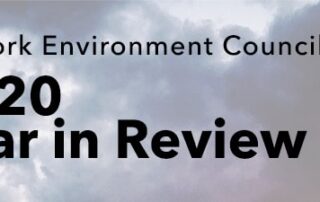April 20: COVID-19 and the New Housing Crisis
Today’s webinar explored how COVID-19 has worsened a pre-existing housing crisis in New Jersey, what protections exist for New Jerseyans struggling to pay rent, and what policies we need to prevent post-pandemic evictions and guarantee secure, affordable housing for all. Eric Seymour, Assistant Professor of Urban Planning and Policy Development at Rutgers’ Bloustein School of Planning and Public Policy, shared context on the relationship between income loss throughout the pandemic -- particularly severe for those employed in the service sector -- and inability to make rental payments. Recent research showed that New Jersey tenants indicated the highest rate nationwide of “no confidence” in their ability to pay monthly rent -- a result of both COVID-19 and the long-term impact of recession-era foreclosures and prohibitively high housing costs. Prof. Seymour’s research in other states indicates that New Jersey is at risk of a wave of evictions following the end of the current eviction moratorium, which could be exacerbated by the entry of more large, private equity-backed landlords into the state housing market. See Prof. Seymour’s presentation for further information informed by his research, including a set of graphs and visuals illustrating the relationship between COVID-19, race and class, and recent developments in housing insecurity. Staci [...]
